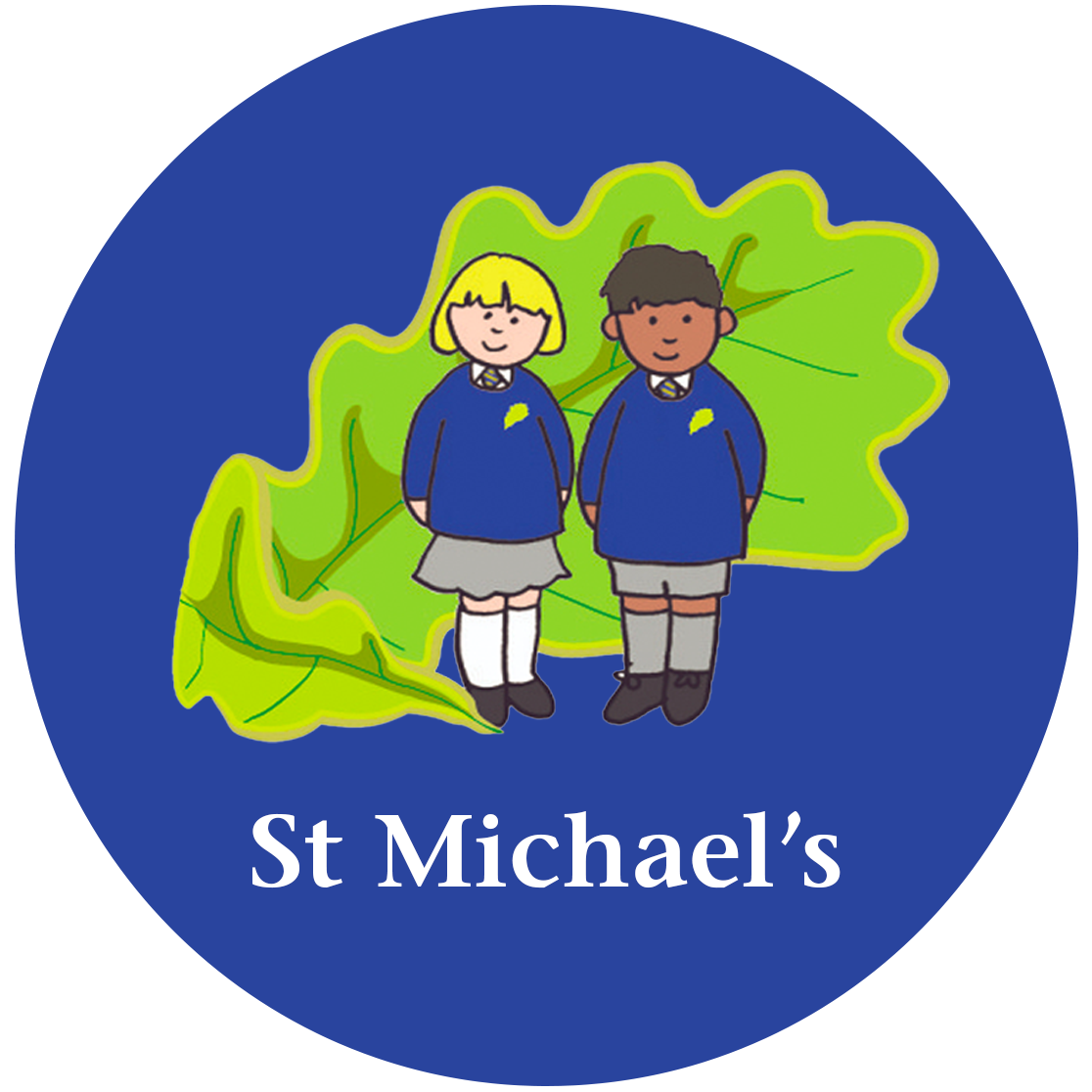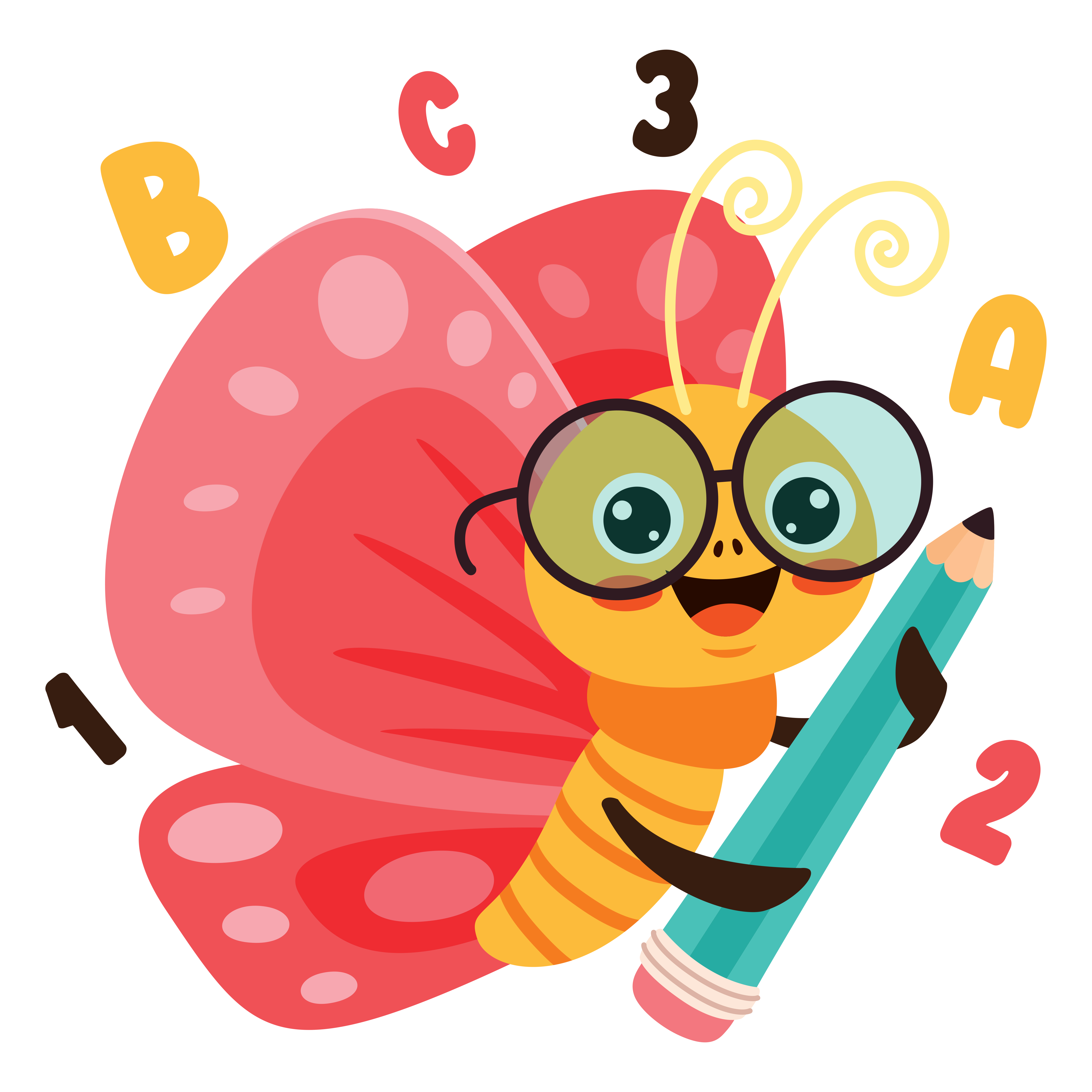Year 1 Curriculum
For children moving up from Reception, the Year 1 curriculum builds directly on the strong foundations of the Early Years Foundation Stage (EYFS). This ensures continuity and progression, supporting children as they transition from a mainly play-based approach to more formal learning. Although expectations increase, learning in Year 1 is still practical, engaging, and rooted in creativity and discovery.
Core Subjects
- English – Children develop their reading, writing, spelling, and grammar skills through phonics, guided reading, shared texts, and purposeful writing opportunities. They begin to write with greater independence, using a wider vocabulary and an increasing awareness of sentence structure.
- Mathematics – Children build fluency with numbers to 100, exploring addition, subtraction, multiplication, and division in simple contexts. They also learn about shapes, measures, money, and time, with plenty of opportunities for problem-solving and practical maths activities.
Phonics and the Year 1 Screening Check
In Year 1, all children across the country take part in the Phonics Screening Check. This is a short assessment where children are asked to read a series of real and “nonsense” words to show how well they can apply their phonics knowledge. It helps us ensure every child is on track with their early reading.
At St Michael’s, we are proud to say we have been using Read Write Inc. (RWI) phonics for many years. This is a validated scheme that provides a consistent, effective approach to teaching phonics. Our experienced teachers and support staff run daily phonics groups that are based on children’s ability, not their year group. This ensures every child is learning at the right level for them.
We believe in “keep up, not catch up”. That’s why we run regular, timely and pacey interventions for any child who needs a little extra support. This ensures gaps are addressed quickly and children remain confident and successful in their reading journey.
How you can help at home
Parents play a vital role in supporting phonics. Here are some simple ways you can help:
- Read little and often – short daily practice makes a big difference.
- Encourage sounding out and blending – let your child use their “Fred Talk” to build words.
- Celebrate effort as well as accuracy – praise builds confidence.
- Use the phonics guidance provided – we share resources (such as how to pronounce sounds correctly) so you can support with confidence.
With strong teaching in school and support at home, our children make excellent progress in phonics — giving them the best foundation for a lifelong love of reading.
Wider Curriculum
Through topics and themes, Year 1 children explore subjects such as science, history, geography, art, design and technology, music, computing, and physical education. These subjects are brought to life through hands-on experiences, investigations, and creative projects that help children make meaningful links in their learning.
Learning Through Themes
At St Michael’s, we teach much of the Year 1 curriculum through engaging themes that often connect across different subjects. This means children may study a topic that draws on science, history, and geography all at once, giving them a rich and connected understanding of the world. Our Reception and Year 1 children often learn together, and being part of a small infant school also means Year 1 children join in with whole-school themes, workshops, and event days.
Building Independence
Year 1 is an important step as children transition from the play-based Early Years curriculum towards more formal learning. We support them in developing greater independence, resilience, and responsibility for their learning, while still ensuring that activities are stimulating, practical, and matched to their stage of development.
What the Year 1 Curriculum Means for Your Child
- English – Your child will continue to strengthen their phonics knowledge, read a wider range of books, and begin to write with more independence. They’ll start using capital letters, full stops, and even exclamation marks, and enjoy creating their own sentences and short stories.
- Maths – Your child will become more confident with numbers up to 100. They’ll practise adding and subtracting, learn to count in 2s, 5s, and 10s, and begin to explore multiplication and division in simple ways. They’ll also work with shapes, measures, time, and money in practical, real-life contexts.
- Science – Your child will explore the world around them by investigating plants, animals, materials, and seasonal changes. They’ll ask questions, make observations, and learn to think like a young scientist.
- History and Geography – Through engaging themes, your child will begin to explore the past, learn about significant people and events, and find out more about the local area and the wider world.
- Art and Design & Technology – Your child will express themselves creatively through drawing, painting, modelling, and making, while also learning to plan, design, and build their own creations.
- Music – Your child will sing, use instruments, listen to different styles of music, and begin to compose their own sounds and rhythms.
- Computing – Your child will start to learn how to use technology safely and effectively, exploring basic programming and digital skills.
- Physical Education (PE) – Your child will take part in a wide range of physical activities to build strength, coordination, teamwork, and a love of being active.
- Personal, Social, Health and Economic Education (PSHE) – Your child will continue to develop their confidence, friendships, resilience, and understanding of how to keep themselves healthy and safe.

